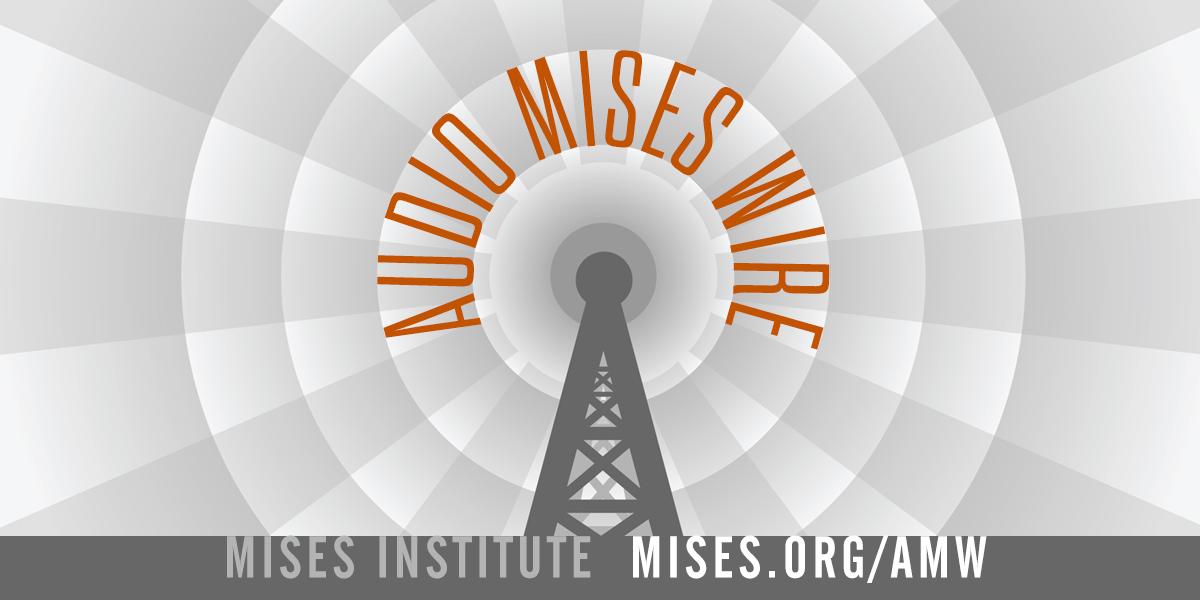Voting for Liberty: A Guide
How to Vote for Liberty: A Guide
The importance of voting in a democratic society cannot be overstated, particularly when it comes to preserving liberty. Voting is a fundamental mechanism through which citizens can express their preferences for policies and leaders who align with their values. It serves as a powerful tool for influencing government actions and ensuring that individual rights are protected. To vote for liberty, one must be informed about the candidates, the issues at stake, and the broader implications of their choices. Understanding the political landscape and recognizing the significance of principles such as freedom of speech, property rights, and personal liberty is essential in casting an informed vote.
First and foremost, education is key. Voters should familiarize themselves with various ideologies and platforms, particularly those that emphasize personal freedom and limited government intervention. Candidates who advocate for reduced regulations, lower taxes, and non-interventionist foreign policies align closely with libertarian principles. Therefore, it’s crucial to research candidates’ voting records, public statements, and potential conflicts of interest. By critically analyzing the information available, voters can better identify which candidates genuinely reflect their values of liberty and freedom.
In addition to understanding candidates, voters must also consider the implications of ballot measures and propositions. Initiatives that may seem innocuous at first glance can sometimes have far-reaching consequences on personal freedoms and rights. For instance, measures that expand governmental authority or restrict individual liberties inevitably have long-term implications. Voters should carefully evaluate the language used in these measures and seek out unbiased analyses to fully understand their potential impact. Engaging in discussions with others can further enhance understanding and highlight different perspectives on key issues.
Moreover, civic engagement extends beyond the act of voting itself. Citizens who prioritize liberty should take an active role in their communities, advocating for change and spreading awareness about the importance of individual rights. Participation in local government meetings, advocacy groups, and public forums can amplify the voice of liberty-minded individuals. By encouraging open dialogue, fostering community engagement, and promoting the values of freedom and responsibility, citizens can create a culture that supports and champions liberty-focused policies.
Another significant aspect of voting for liberty involves understanding the electoral system itself. Familiarizing oneself with the voting process, from registration to casting a ballot, is vital. Each state has different laws regarding voter registration, identification requirements, and voting procedures. Being informed about these details ensures that individuals can effectively participate in elections without facing unnecessary barriers. Additionally, supporting electoral reforms that promote transparency, accessibility, and fairness can help cultivate a political environment more conducive to liberty.
Ultimately, voting for liberty is about making choices that reinforce the values of individual autonomy and limited government. It requires vigilance and a commitment to staying informed about the political landscape. By understanding candidates, evaluating policies, engaging with the community, and advocating for electoral integrity, citizens can effectively exercise their right to vote while promoting the principles of liberty. As the saying goes, "liberty must be kept in mind," and voting is one of the most potent means by which citizens can maintain and protect their freedoms in a democratic society.
Share this content:












Post Comment